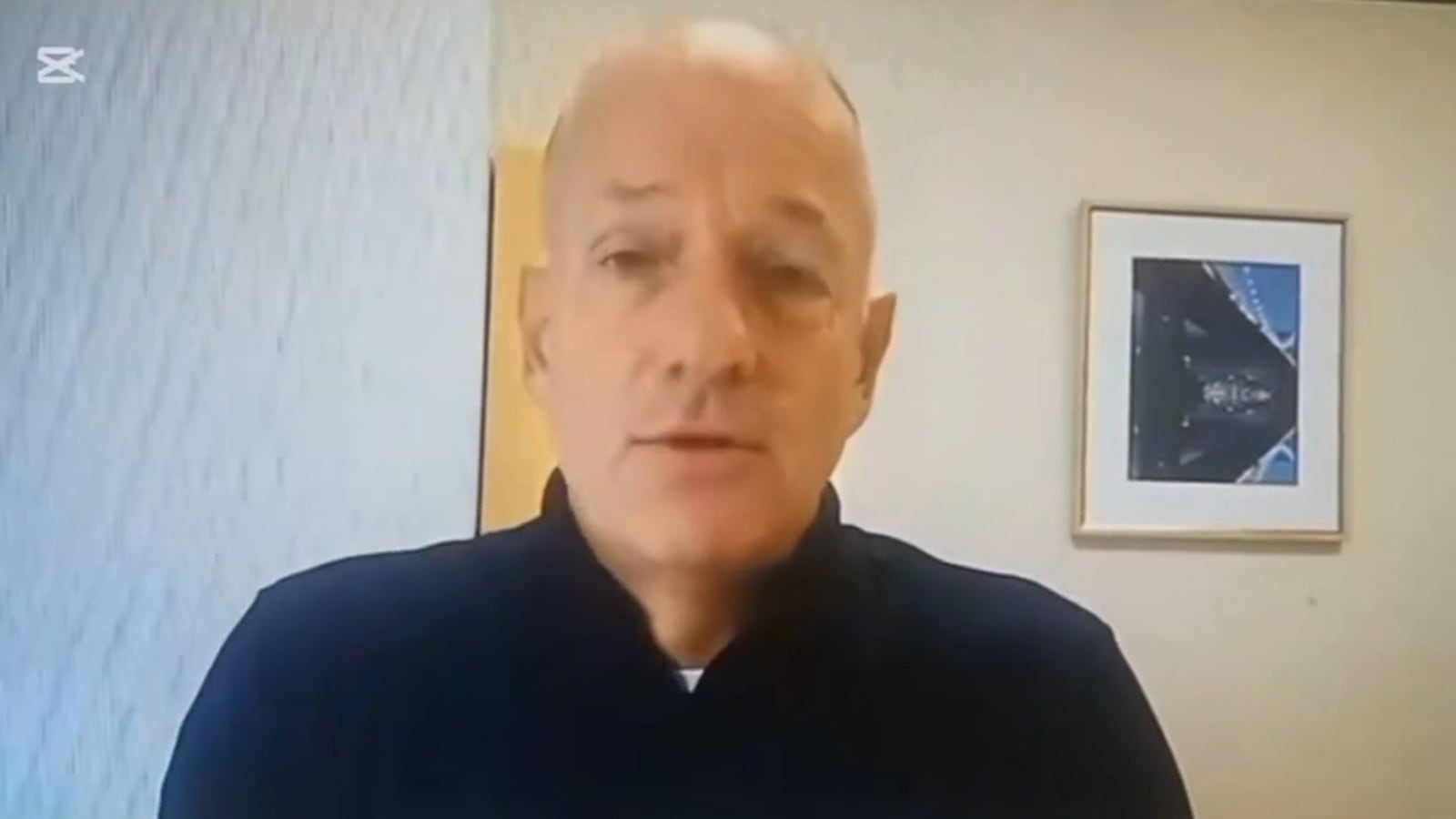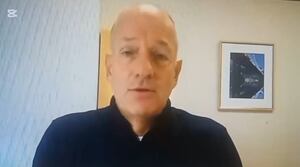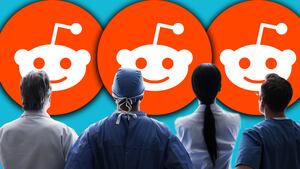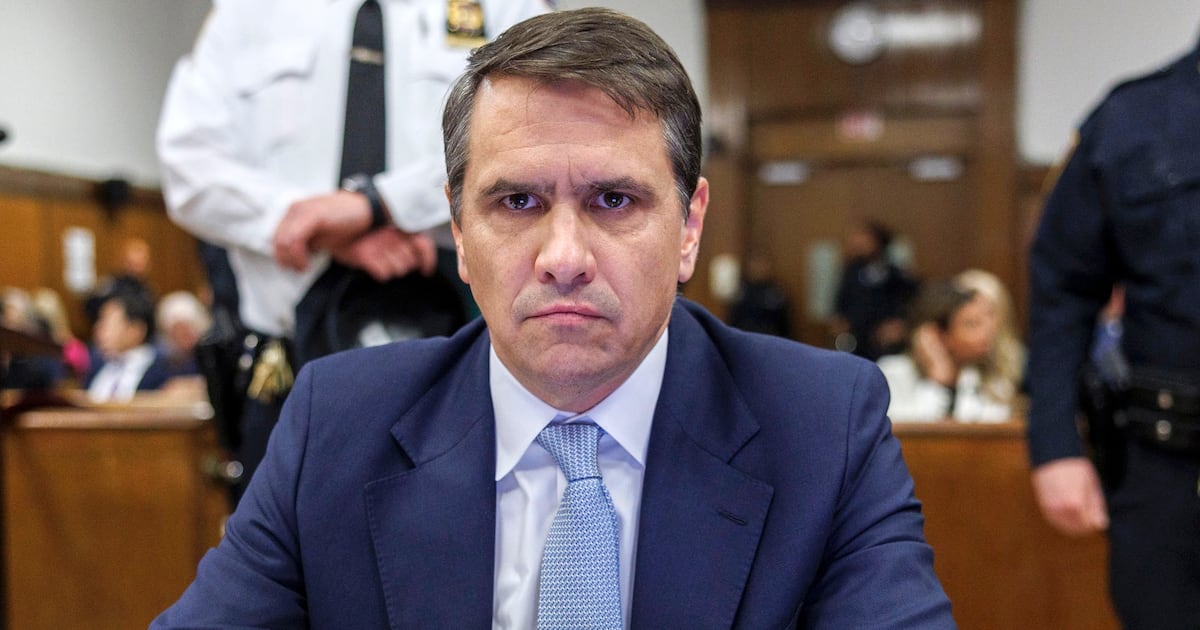Shares in the parent company of slain UnitedHealthcare CEO Brian Thompson have plummeted, as his murder prompted renewed scrutiny of the industry and outrage over the state of US healthcare.
UnitedHealth Group’s stock fell 5 percent on Friday alone, bringing its weekly loss to 10 percent. That wiped roughly $56 billion from the company’s market capitalization.
After-hours trading continued to dip, dropping 5 percent on Sunday after a video leaked UnitedHealth CEO Andrew Witty, Thompson’s boss, slamming industry critics on social media as “vitriolic” and “not in tune with reality.”
“We guard against the pressures that exist for unsafe care or unnecessary care,” Witty said in a private video to staff filmed in the wake of Thompson’s execution outside of a New York City hotel Wednesday.
The video, published by independent journalist Ken Klippenstein on Friday evening after markets closed, was met with backlash online. “Talk about misreading the situation,” one X user wrote.
UnitedHealth Group’s plunge follows similar trends in health insurance stocks.
Rival firm Elevance Health—the parent of Anthem Blue Cross Blue Shield—fell six percent by the end of the week.
Within the span of 24 hours beginning Wednesday, Anthem Blue Cross announced and reversed a plan to limit reimbursements for anesthesia during surgery in three states.
The policy was announced the same day Thompson was shot and killed, and became an immediate target for online backlash against for-profit health insurance practices.
No suspect or motive has been released for the killing, but authorities have said they believe it was a targeted attack. Thompson had been on the way to address an investors’ conference for his company when he was gunned down.
Social media has been alight with gallows humor, exasperated confessionals and earnest critiques from everyday Americans and industry insiders since Thompson was killed.
Some have humorously embraced the as-yet unknown killer as a sort of folk hero—or even a handsome devil—making him an avatar of their distrust of for-profit insurance companies.
Others have shared harrowing personal stories of going into debt, or watching family members lose their financial standing, while suffering health crises, as insurance firms refused or failed to cover treatments.
Even medical doctors, two of whom spoke to the Daily Beast last week, took to Reddit to anonymously vent about their limited sympathy for profiteering insurance executives whose companies sometimes deny care to their patients.
UnitedHealth and Elevance weren’t the only companies to suffer selloffs.
Other major health insurance firms that saw their share prices sink including Centene and Humana, which both fell 5 percent last week, while Cigna, which fell 6 percent.
“The anti-insurer sentiment expressed by the public after this event suggests that UnitedHealth and perhaps the industry may need to adjust how they handle coverage decisions,” Morningstar analyst Julie Utterback told Reuters.
Their performance was not reflected in broader markets: the S&P 500 index rose just under 1 percent for its third straight winning week.








